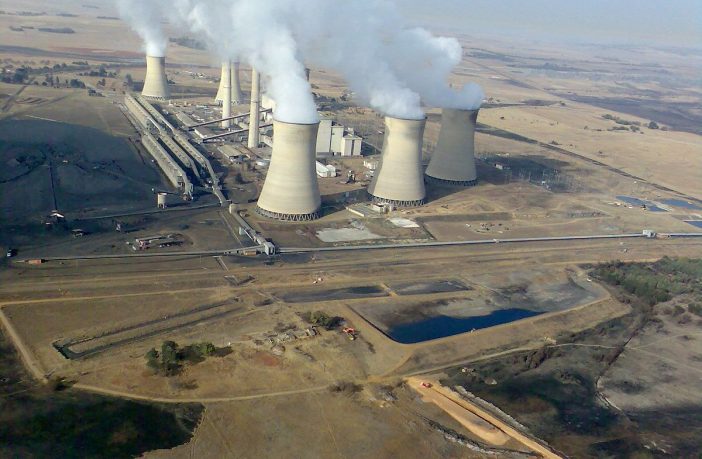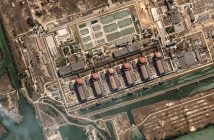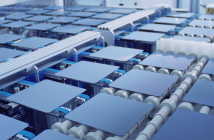- A new report by air pollution expert, Dr Ranajit Sahu, confirms that South Africa’s proposed 1500 MW of new coal-powered electricity generation will cause significant air pollution and greenhouse gas emissions, even if the cleanest technology currently available is used.
In 2019 the South African government proposed adding 1500 MW of new coal generation in the country, as part of the Integrated Resource Plan for Electricity (IRP). The IRP claims that such coal generation will be cleaner because high-efficiency, low-emission (HELE) generation technology will be used, although it does not state which kind.
Dr Ranajit Sahu, an engineer with over 30 years’ experience in power plant design, assessed the potential air emissions of the most likely types of HELE technology that could be used as part of a report commissioned by the Centre for Environmental Rights (CER ) for groundWork, the Vukani Environmental Movement in Action, as well as the African Climate Alliance.
Related news: Exciting times for South Africa’s renewable energy sector as Bid Window 5 closes for project submissions
Sahu found that even in the best case scenario in which the cleanest available technology is used, large quantities of greenhouse gas emissions are unavoidable.
In particular, Sahu considered two likely technologies that could be used: pulverized coal units and circulating fluidized bed technology. He found that pulverised coal units – even when operating at ultra-supercritical efficiency – will not be able to capture their emitted carbon dioxide due to extremely high costs.
In the case of circulating fluidized bed technology, which is considered preferable by the IRP due to its ability to handle low quality coal, Sahu found that this technology emits from two to ten times more nitrous oxide than pulverized coal technologies. Nitrous oxide is a potent, long-lasting greenhouse gas with a global warming potential 300 times that of carbon dioxide.
Related news: South Africa’s IRP Glaring Omission – Green Hydrogen Power
“I want to stress that contrary to implications in the 2019 IRP and the Ministerial determination, there is simply no such thing as “clean coal”, regardless of whether HELE technologies are used to minimize air emissions from coal (or gas derived from coal),” Sahu says.
The report is the latest piece of research that supports the view that new coal generation in South Africa will be unnecessary, costly and highly detrimental to the environment. It follows previous investigations into the coal cycle (mining, production, supply, and disposal) that prove that “clean coal” is an impossibility.
“New coal generation flies in the face of the South African government’s obligation under international and South African law, including the South African Constitution, to take all reasonable measures to protect its people from the impacts of climate change.”
Link to the full report, Potential Impacts of Proposed New CoalGeneration, by Rd. Ranajit Sahu HERE
The report is the first in a series of expert analyses of new coal generation in South Africa, details of which will be published shortly.
Author: Bryan Groenendaal
About Dr Ranajit Sahu
Ranajit is a consulting engineer with 30+ years’ experience in environmental, mechanical, and chemical engineering, including design and specification of power plants and pollution control equipment. He has taught at various universities on air pollution, risk assessment, and hazardous waste management. He has consulted on air pollution matters for a wide range of clients including the US government, various US states, private industry, and non-governmental organizations.












1 Comment
Pingback: Can South Africa become carbon neutral with gas in its energy mix? (Video) - Green Economy Journal